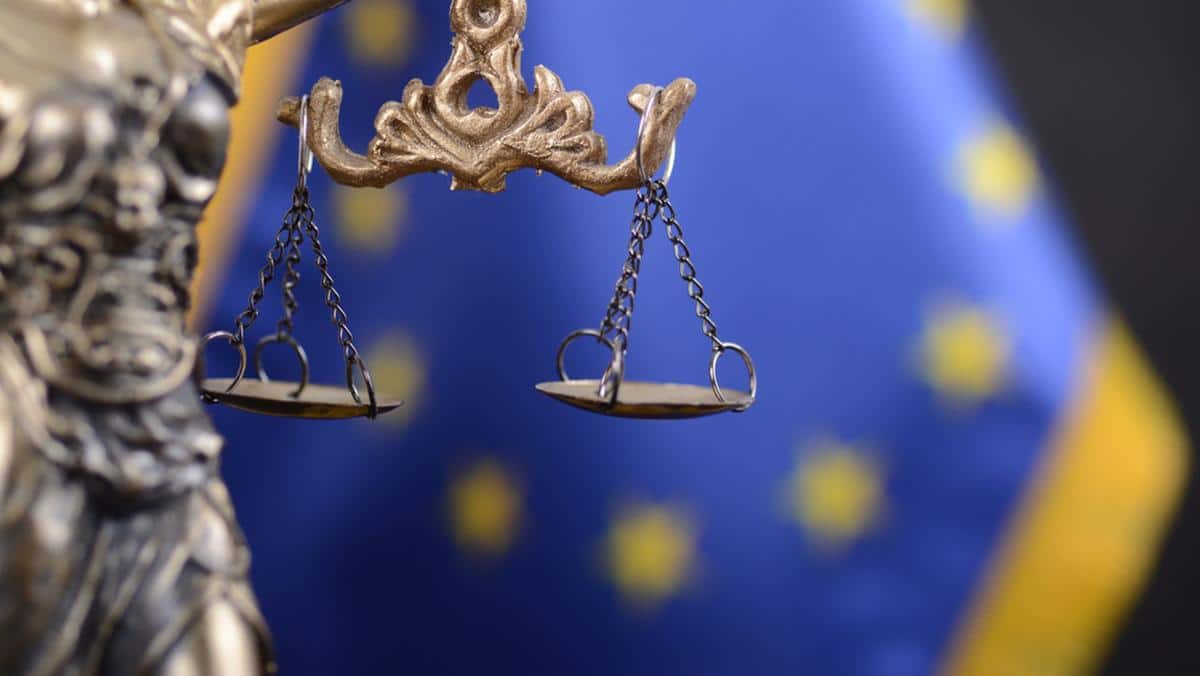In a significant step towards safeguarding press freedom within the European Union, Members of the European Parliament (MEPs) endorsed new legislation on Wednesday aimed at fortifying EU journalists and media entities against political or economic meddling. The legislation, receiving broad approval with 464 votes in favor, 92 against, and 65 abstentions, mandates member states to uphold media independence and strictly prohibits any forms of intervention in editorial decisions.
Unwavering Support for Journalistic Integrity
Central to the new law is the protection of journalists and editors from governmental pressures to reveal their sources. This encompasses a ban on detaining journalists, imposing sanctions, conducting office searches, or installing surveillance software on their electronic devices. However, the legislation does provide narrow leeway for the use of spyware in investigating serious crimes, contingent on case-by-case judicial authorization. Additionally, individuals under surveillance are granted the right to be informed post-monitoring and may contest the surveillance in court.
Ensuring Editorial Autonomy in Public Media
The legislation introduces measures to prevent the political exploitation of public media. It outlines that the appointment of heads and board members of public media should be through transparent, non-discriminatory processes, with secure tenure. Moreover, it bars their dismissal prior to contract expiry, except under professional disqualification. It also stipulates that public media financing should be transparent, objective, sustainable, and predictable.
Ownership Transparency and Fair State Funding
A novel requirement for all news outlets is to disclose ownership information in a national database, enhancing transparency about potential influences on reporting. Additionally, the law mandates media to report state advertising revenues and financial support, even from non-EU countries, ensuring fair and non-discriminatory allocation of public funds and advertising.
Safeguarding Media from Online Platform Overreach
To counter the undue restriction of media content by major online platforms like Facebook, X (formerly Twitter), or Instagram, the EU has implemented a mechanism requiring platforms to differentiate between independent and non-independent media sources. Before restricting or removing content, platforms must notify the media and allow 24 hours for a response. Media aggrieved by platform decisions can appeal to an out-of-court dispute settlement body or seek an opinion from the forthcoming European Board for Media Services.
Emphasizing Media’s Role in Democracy
The legislation reflects the EU’s commitment to media plurality as a cornerstone of democracy. Rapporteur Sabine Verheyen highlighted the critical role of the media in democracies and the prevailing threats to press freedom globally. Similarly, Ramona Strugariu underscored the regulation as a robust tool for journalists to counter interference and pressure, indirectly addressing leaders known for media manipulation.
Response to Public Demand
This legislative milestone aligns with the expectations articulated by EU citizens during the Conference on the Future of Europe, addressing threats to media independence, combating disinformation, and ensuring media pluralism and journalist protection. By adopting this comprehensive framework, the EU sets a precedent in defending the press’s essential function in informing the public and upholding democratic values.
